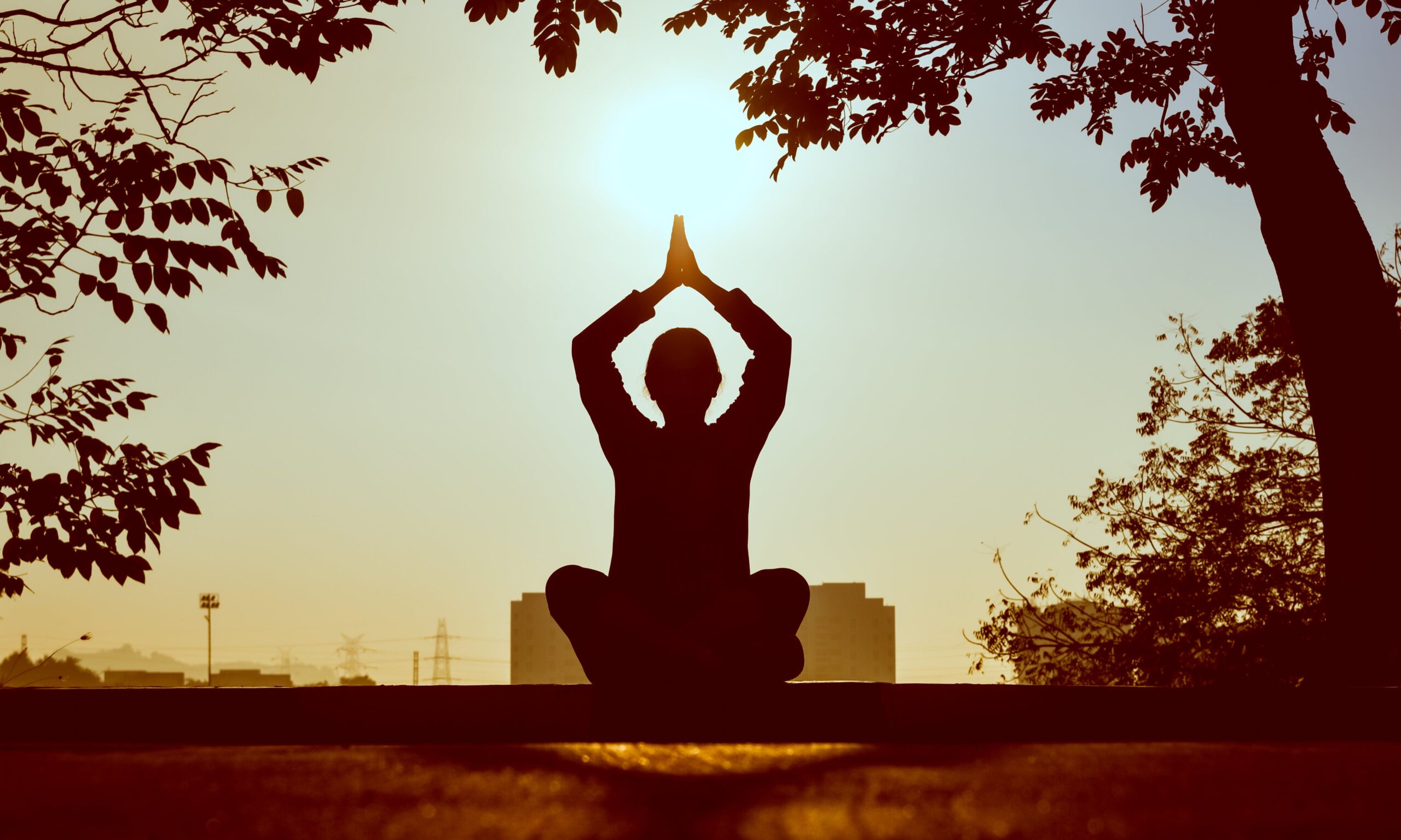Hemorrhoids, often a source of discomfort and embarrassment, are a common condition that affects people of all ages. Also known as piles, hemorrhoids are vascular structures in the anal canal that become swollen and inflamed. While they can be a cause of concern, understanding the causes, symptoms, and available treatment options can help manage this condition more effectively.

What Causes Hemorrhoids?
Hemorrhoids develop when the blood vessels in the rectum and anus become strained or engorged, leading to swelling. Several factors contribute to the development of hemorrhoids:
- Straining during Bowel Movements: Chronic constipation or diarrhea can lead to straining during bowel movements, putting pressure on the blood vessels in the rectal area.
- Pregnancy: The increased pressure on the abdomen during pregnancy can contribute to the development of hemorrhoids.
- Aging: As people age, the tissues that support the veins in the rectum and anus can weaken, making hemorrhoids more likely.
- Obesity: Excess weight can put added pressure on the rectum and contribute to the development of hemorrhoids.
- Sitting for Prolonged Periods: Leading a sedentary lifestyle, especially sitting for extended periods, can contribute to the development of hemorrhoids.
Symptoms of Hemorrhoids:
The symptoms of hemorrhoids can vary, and some individuals may not experience any symptoms at all. Common signs and symptoms include:
- Rectal Bleeding: Bright red blood on toilet paper or in the toilet bowl after a bowel movement is a common sign of hemorrhoids.
- Itching or Irritation: Swollen hemorrhoids can cause itching or irritation in the anal area.
- Pain or Discomfort: Hemorrhoids may cause pain, especially during bowel movements or when sitting for long periods.
- Swelling or Lump in the Anal Area: In some cases, a lump or swelling may be felt around the anus.
Types of Hemorrhoids:
There are two main types of hemorrhoids: internal and external.
- Internal Hemorrhoids: These are hemorrhoids that form inside the rectum where there are fewer pain-sensing nerves, so they are less likely to be painful. However, they may cause other symptoms such as bleeding.
- External Hemorrhoids: These are located under the skin around the outside of the anal opening. They can be itchy or painful, especially when sitting.
Treatment Options:
- Lifestyle Changes: Making changes to your lifestyle can help prevent and manage hemorrhoids. This includes increasing fiber intake, staying hydrated, and avoiding prolonged sitting.
- Topical Treatments: Over-the-counter creams or ointments containing hydrocortisone can help relieve itching and inflammation.
- Warm Baths: Soaking in a warm bath (sitz bath) can provide relief from symptoms.
- Medical Procedures: In more severe cases, medical procedures such as rubber band ligation, sclerotherapy, or surgical hemorrhoidectomy may be recommended.
- Prescription Medications: In some cases, prescription-strength medications may be necessary to reduce inflammation and discomfort.
When to Seek Medical Attention:
While many cases of hemorrhoids can be managed at home, it’s important to seek medical attention if:
- Symptoms persist despite home treatment.
- There is severe pain or bleeding.
- Changes in bowel habits or the appearance of stool occur.
Conclusion:
Hemorrhoids are a common condition that can be effectively managed with a combination of lifestyle changes, over-the-counter remedies, and medical interventions when necessary. Understanding the causes and symptoms of hemorrhoids empowers individuals to take proactive steps towards prevention and seek appropriate medical care when needed, promoting overall rectal health and well-being. If you suspect you have hemorrhoids or are experiencing persistent symptoms, consult with a healthcare professional for personalized guidance and treatment.
Ayurvedic Approach to Hemorrhoids: Natural Remedies for Relief
Hemorrhoids, a condition characterized by swollen and inflamed blood vessels in the rectal area, can be a source of discomfort and concern for many. In the realm of traditional healing, Ayurveda, an ancient system of medicine from India, offers a holistic approach to addressing the root causes of hemorrhoids and providing natural remedies for relief. Let’s delve into the Ayurvedic perspective on hemorrhoids and explore time-tested remedies for managing this common ailment.
Understanding Hemorrhoids in Ayurveda:
In Ayurveda, hemorrhoids are referred to as “Arsha.” According to Ayurvedic principles, an imbalance in the body’s doshas—Vata, Pitta, and Kapha—can contribute to the development of hemorrhoids. Factors such as poor digestion, sedentary lifestyle, and dietary choices that aggravate specific doshas can all play a role in the manifestation of Arsha.
Ayurvedic Causes and Prevention:
- Poor Digestion (Agni Dushti): Ayurveda emphasizes the importance of maintaining robust digestive fire (agni) for overall health. Impaired digestion can lead to the accumulation of toxins (ama) in the body, contributing to various health issues, including hemorrhoids. To prevent this, Ayurveda recommends consuming easily digestible foods and herbs that enhance digestion.
- Imbalance of Doshas: An excess of Pitta dosha is often associated with inflammatory conditions, including hemorrhoids. Ayurvedic recommendations for preventing and managing hemorrhoids include balancing Pitta through cooling and soothing practices, dietary choices, and herbs.
- Sedentary Lifestyle (Avyayama): Lack of physical activity is considered a contributing factor in Ayurveda. Regular exercise is encouraged to improve circulation, promote digestion, and prevent the stagnation of blood in the pelvic region.
Ayurvedic Remedies for Hemorrhoids:
- Triphala: A well-known Ayurvedic formulation consisting of three fruits—amalaki, bibhitaki, and haritaki—Triphala is revered for its cleansing and toning properties. It can be taken orally or used topically as a paste to promote bowel regularity and alleviate discomfort.
- Buttermilk (Takra): Buttermilk, especially when seasoned with roasted cumin seeds and a pinch of rock salt, is considered beneficial for balancing Pitta and promoting digestion. Consuming buttermilk regularly is believed to prevent and manage hemorrhoids.
- Aloe Vera (Kumari): The gel extracted from the leaves of Aloe Vera is renowned for its soothing and anti-inflammatory properties. Applying Aloe Vera gel externally can provide relief from itching and inflammation associated with hemorrhoids.
- Dietary Recommendations: Ayurveda suggests incorporating a high-fiber diet, including fruits, vegetables, and whole grains, to prevent constipation and promote regular bowel movements. Drinking warm water throughout the day is also encouraged to support digestion.
- Herbal Formulations: Ayurvedic herbs like Haritaki (Terminalia chebula), Neem (Azadirachta indica), and Guggul (Commiphora wightii) may be prescribed in various formulations to address the underlying imbalances and provide relief from hemorrhoid symptoms.
Ayurvedic Lifestyle Practices:
- Yoga and Exercise: Engaging in regular physical activity, particularly yoga poses that stimulate blood circulation in the pelvic region, can be beneficial. Specific asanas like Pawanmuktasana (Wind-Relieving Pose) and Malasana (Squatting Pose) are often recommended.
- Hygiene and Cleanliness: Maintaining proper hygiene in the anal area is emphasized in Ayurveda to prevent infection and further irritation. Warm water baths, especially after bowel movements, are recommended.
Conclusion:
Ayurveda, with its profound understanding of the interconnectedness of mind, body, and spirit, offers a holistic approach to managing hemorrhoids. By addressing the root causes through dietary modifications, herbal remedies, and lifestyle practices, Ayurveda provides a natural and time-tested path to relief from hemorrhoid symptoms. Individuals seeking Ayurvedic solutions for hemorrhoids are advised to consult with qualified Ayurvedic practitioners who can provide personalized guidance based on individual constitution and imbalances.



